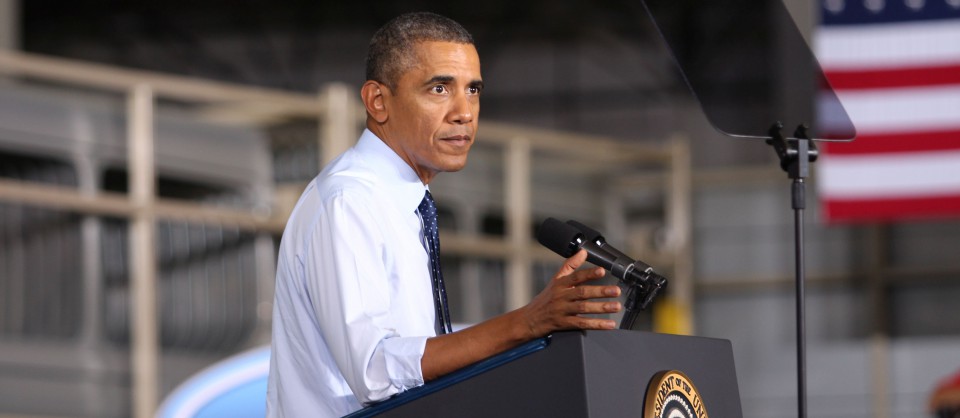The national doctor’s healthcare advocacy organization, Physicians for a National Healthcare Plan, is placing ads in the “The Nations” & “New Yorker” magazines available ~Oct 7 explaining necessity & simplicity of adopting a single payer healthcare system. It is open letter to political candidates from medical experts that have researched & analyzed health systems for over 20 years. This is an excerpt from the press release:
Over 5,000 U.S. physicians have signed an open letter calling on the candidates for president and Congress “to stand up for the health of the American people and implement a nonprofit, single-payer national health insurance system.”
Noting that the nation’s private-insurance-based model is failing by denying needed medical care to millions, wasting resources and driving up costs, the doctors say that a publicly financed system is “the sole hope for affordable, comprehensive coverage.”
“A single-payer health system could realize administrative savings of more than $300 billion annually — enough to cover the uninsured and to eliminate co-payments and deductibles for all Americans,” they write, adding that it would also slow cost increases.
Dr. Oliver Fein, a professor of clinical medicine and public health at Weill Cornell Medical College in New York and a signer of the letter, said today, “With the sudden economic downturn, more people than ever before are worried about how to pay for health care. A single-payer system — an improved Medicare for all — would lift those worries, provide care to all who need it and require no new money. It’s the only morally and fiscally responsible approach to take.”
In their letter, the physicians express disappointment that most U.S. political leaders still cling to the private health insurance industry model of financing care and “seem intent on reprising failed schemes from the past” like mandates or tax incentives.
“The incremental changes suggested by most Democrats cannot solve our problems; further pursuit of market-based strategies, as advocated by Republicans, will exacerbate them,” they say. “What needs to be changed is the system itself.”
Signers of the letter include some of the most prominent figures in U.S. medicine, including leaders of professional societies in internal medicine, pediatrics, family medicine, psychiatry and public health. Among them are Marcia Angell, M.D., senior lecturer at Harvard Medical School and past editor-in-chief of the New England Journal of Medicine, and Bernard Lown, M.D., professor of cardiology emeritus at Harvard and Nobel laureate.
Dr. Steffie Woolhandler, an associate professor of medicine at Harvard Medical School and a co-author of the letter, said, “Physicians have a responsibility to get to the root of a patient’s medical complaint, to make a diagnosis based on evidence. Only then can we confidently prescribe a cure, rather than offer a consoling placebo.
“Given the repeated failure of incremental reforms like the one under way in Massachusetts, which is already facing cost overruns and leaving many residents uncovered, and given the increasingly obvious failure of unfettered markets, it’s clear that neither of these traditional prescriptions for reform will work,” she said. “What’s needed instead is the only treatment that has proven its effectiveness — a single-payer plan.”
The letter’s release follows a survey in the Annals of Internal Medicine this spring that shows 59 percent of U.S. physicians support national health insurance, a jump of 10 percentage points from five years ago
Single-payer plans typically involve a single, publicly administered social insurance fund that guarantees health care coverage for everyone, much like Medicare presently does for seniors. Patients go the doctors and hospitals of their choice; health care providers largely remain private. Private health insurers are eliminated or their role is substantially reduced.
A bill in Congress, the U.S. National Health Insurance Act, H.R. 676, embodies the single-payer model. Sponsored by Rep. John Conyers Jr. (D-Mich.), it currently has over 90 co-sponsors, more than any other health reform proposal.

Health care providers, by a substantial margin, support single payer health care. Why? Because they have been down the primrose path one too many times. Each new reform of the insurance industry run health care system has resulted in more paperwork for staff, more regulations for physicians, and less care for patients.
Currently approximately 64 percent of our covered population is served by a single payer health care system, ie Medicare, Medicaid, VA and Gov employee health plans (which are funded by tax dollars and currently managed by an insurance bureaucracy.) Approximately 6 percent is privately purchased by individuals and around 30 percent or less have employer funded health care. Many health care providers have long wished for the demise of employer funded health benefits since it is this part of health care that holds the rest of the system hostage to the hassles of private insurance.
Thank you Ricklm for your interest in this topic and this post.